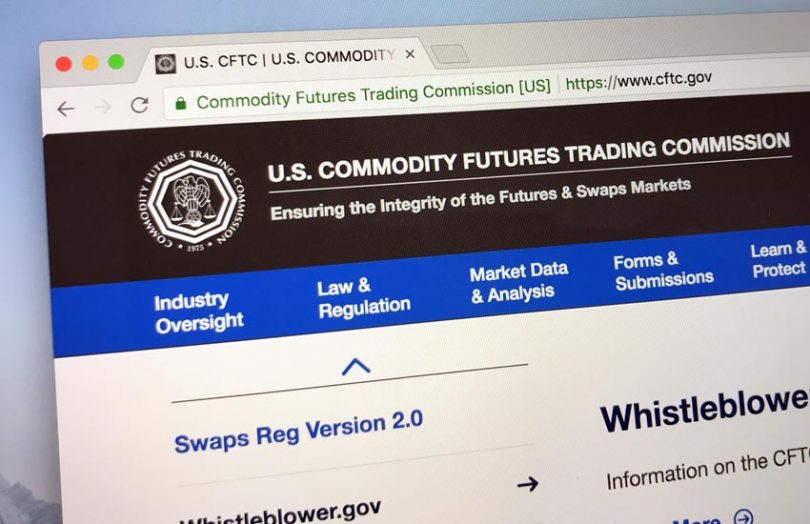Yesterday, the chairman of the US Commodity Futures Trading Commission (CFTC), Heath Tarbert, endorsed blockchain technology. In a CNBC interview, he discussed the balance of regulating digital assets and fostering innovation.
“I want the United States to lead, particularly in the blockchain technology that underlies digital assets,” Tarbert said.
He added: “My emphasis has not been on any single digital asset, but really on the blockchain […] ultimately I could see it overtaking the internet or being effectively parallel to the internet in using a variety of different kinds of transactions, not just the financial system, but in other types of transactions as well.”
In a rare show of support for blockchain, particularly as something parallel to the internet, Tarbert goes far further than his predecessor. The last CFTC Chairman, J. Christopher Giancarlo, saw the importance of the technology in automation and was a ‘friend’ of the crypto community, but only touched on it in a speech last year.
Tarbert continued: “I think whoever ends up leading in this technology will end up writing the rules of the road for the rest of the world. My emphasis is on making sure that the United States is a leader.”
Indeed, Tarbert has classified Bitcoin and Ethereum as commodities, but does not want to hinder their progress or usefulness. In his words: “for those that are commodities regulated by us, we want to make sure we create an environment where these markets have integrity, and we’re able to regulate them, and they’re able to innovate.”
What about Facebook’s Libra? “It’s a very different product,” said Tarbert. While not much is clear about how Libra will work, compared to Bitcoin, for instance, he sees it as a security first and, only if not a security, a commodity second.
The CFTC is currently looking at regulating digital assets in terms of anti-money laundering and anti-terrorist financing rules. As to mass adoption of these currencies, Tarbert is not too concerned that will happen soon.
“I think a key development […] is if countries start accepting digital assets alongside other currency, for example, they say you can use them to pay your taxes. But […] I think we’re far from that at this stage,” he explained.
Last month, the CFTC, along with other US financial institutions, joined the Global Financial Innovation Network.






